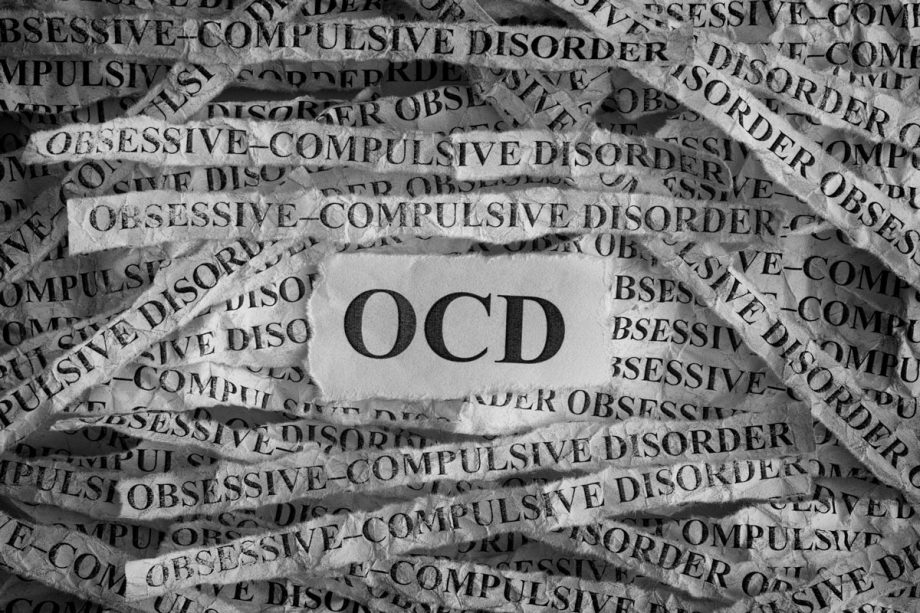In media portrayals and casual conversations, Obsessive-Compulsive Disorder (OCD) is often characterized as a quirky personality trait. All too often, people equate OCD with being cleaner than most people. The truth is that OCD is a difficult and misunderstood disorder. Left untreated, it can make daily life extremely difficult.
Understanding the symptoms of OCD can help you recognize this disorder and get treatment as early as possible if you develop it. This knowledge can also help people who do not have the disorder understand others better.
Two Types of OCD Symptoms: Obsessions and Compulsions
OCD looks different in everyone who has it. However, symptoms of OCD can be put into two categories: obsessions and compulsions.
Obsessive symptoms of OCD are intrusive, unwanted thoughts that come up automatically. These thoughts cause anxiety or distress. These obsessive thoughts often revolve around fears. For example, someone who obsesses over germs and cleanliness may have a deep fear of getting sick.
The other type of OCD symptom is compulsions. These are ritualistic actions that someone feels like they must do, typically to avoid a catastrophic event. In reality, compulsive actions do not prevent something terrible from happening. However, the person with OCD has difficulty seeing this and feels like they must complete the action.
Compulsions are usually, but not always closely tied to the person’s obsessive thoughts. For example, someone who has obsessive thoughts about cleanliness may feel compelled to wash their hands for precisely 66 seconds.
Examples of OCD Obsessions
Everyone has intrusive thoughts sometimes, even someone with excellent mental health. However, someone with OCD experiences repetitive and disturbing thoughts so often that it interrupts their daily lives.
Obsessive thoughts in OCD may be about:
- Things being orderly and neat
- Terrifying and graphic thoughts about the person or a loved one being harmed
- Fears about losing control and doing something illegal, immoral, or otherwise unwanted
- Self-doubts and needing absolute certainty
- Harmful or unpleasant thoughts about sex or violence
These thoughts can be distressing and hard to talk about. Anyone who has these intrusive thoughts should know that they do not make you a bad person. These are symptoms of a disorder, and they do not say anything about your character.
Examples of OCD Compulsions
Obsessive symptoms of OCD can be so disturbing that people will do anything to stop them. This desperation often leads to compulsions in hopes of making the thoughts stop. Someone with compulsions may have more than one ritual they perform.
Compulsions can be any action that someone feels like they have to do to move forward with their day. Some common compulsions include:
- Counting an action or item
- Repeatedly checking something
- Cleaning beyond what is normal
- Sticking to a strict routine
- Needing constant reassurance
Everyone has routines and quirks. What makes OCD a disorder is that these compulsions interrupt a person’s life. Not completing a compulsion causes extreme stress. People with OCD may even miss necessary appointments, work, or school to complete their rituals.
Get Help for OCD Symptoms in Connecticut and Rhode Island
You don’t have to go through this alone. The caring professionals at South County Psychiatry are here to help. With locations in Connecticut and Rhode Island, we are ready to help with therapy and medication services. While OCD is a lifelong disorder, we can help you manage the symptoms and live a more peaceful life. Contact us today to set up an appointment and get started on your journey to relief.

